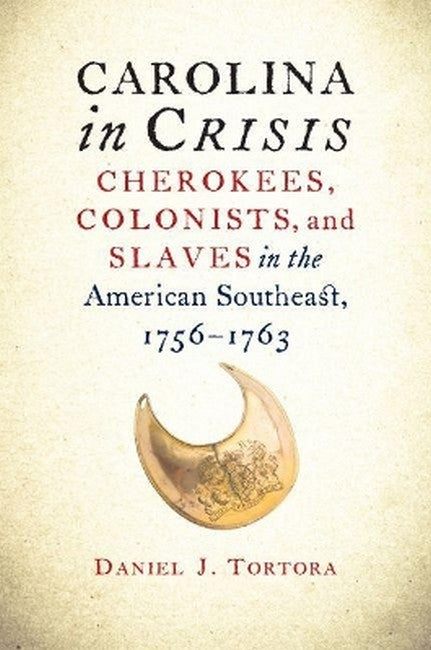Daniel J. Tortora is assistant professor of history at Colby College, USA.
Request Academic Copy
Please copy the ISBN for submitting review copy form
Description
"A new and refreshing direction in understanding the importance of the conflict as setting the stage for the American Revolution in South Carolina." -- Journal of Interdisciplinary History "A rich and rewarding addition to the historiography of early American warfare." -- New Books in Military History "A valuable and welcome addition to the historiography of this conflict. . . . In addition to detailing the military and diplomatic events of the period, Tortora provides an enlightening narrative from the Cherokee perspective." -- North Carolina Historical Review "An engaging read. . . . Offers a compelling argument for reconsidering the significance of the Anglo-Cherokee War in the Revolutionary Era. . . . Provides valuable insights." -- Journal of Military History "Delving into documentary evidence to reveal nuanced details highlighting the internal debates of not only the colonists but also the Cherokee, [Tortora] gives the reader a full and clear understanding of the ebb and flow of the Cherokee war, providing a definitive analysis. . . . A well written, strongly analyzed and important text." -- Tennessee Historical Quarterly "Illuminating and impressive. . . . A welcome addition to the history of the early American South." -- Journal of Southern History "Provid[es] the reader [with a] nuanced depiction and thus is a welcome addition to the study of the period; Tortora's book should become a mainstay in the scholarship of the colonial era." -- Ethnohistory "Such insightful analysis places this work in the company of modern classics about the coming of the American Revolution." -- Reviews in American History "This well-written and impressively researched volume offers an intriguing synthesis of an oft-overlooked aspect of the French and Indian War." -- Journal of American History "Tortora's study of the Cherokee War and the treaty making process is expertly rendered. The story is well researched, balanced, and lucid." -- American Historical Review

